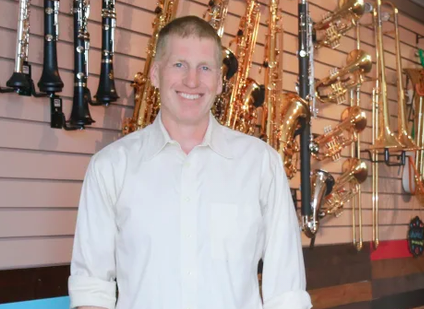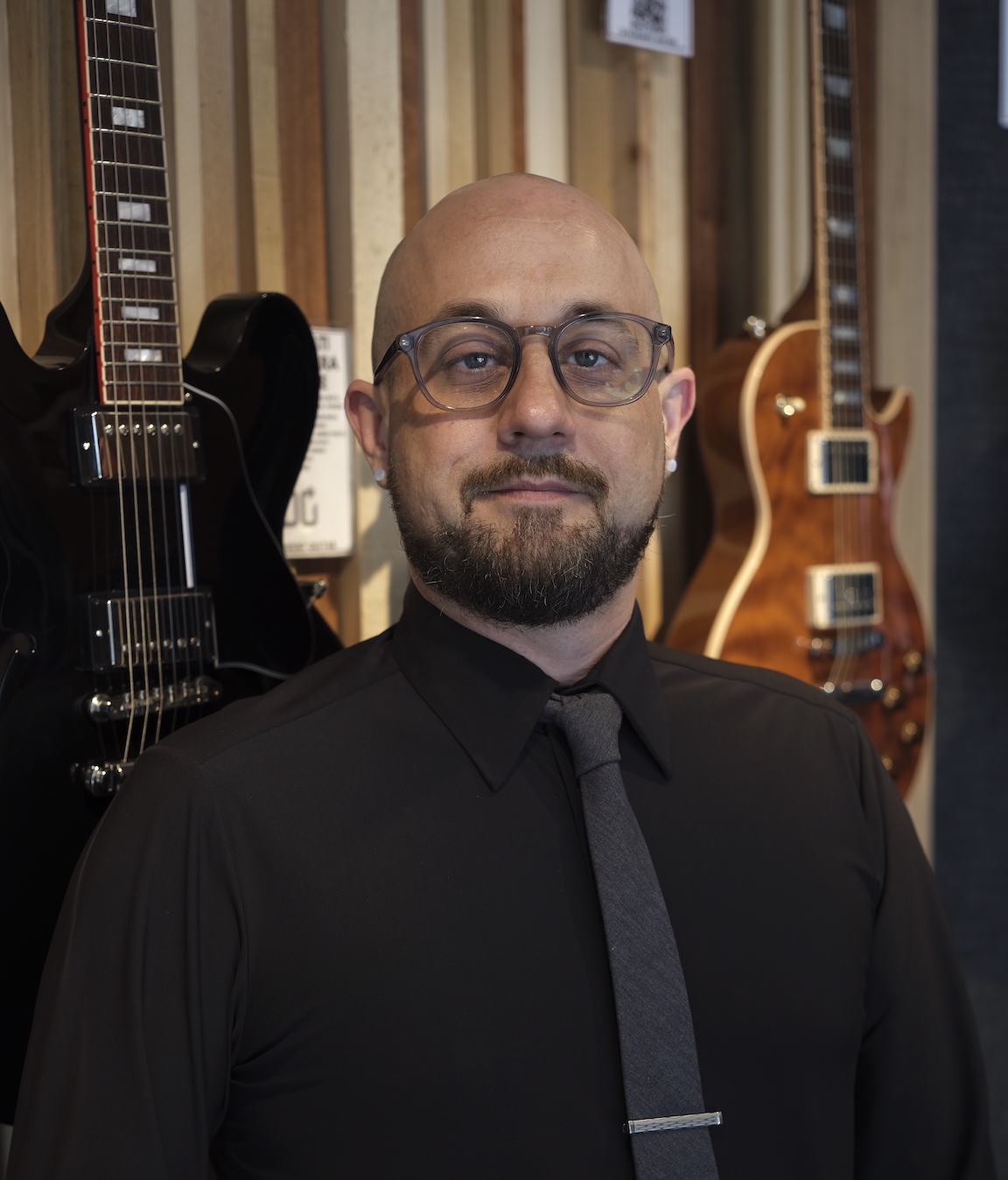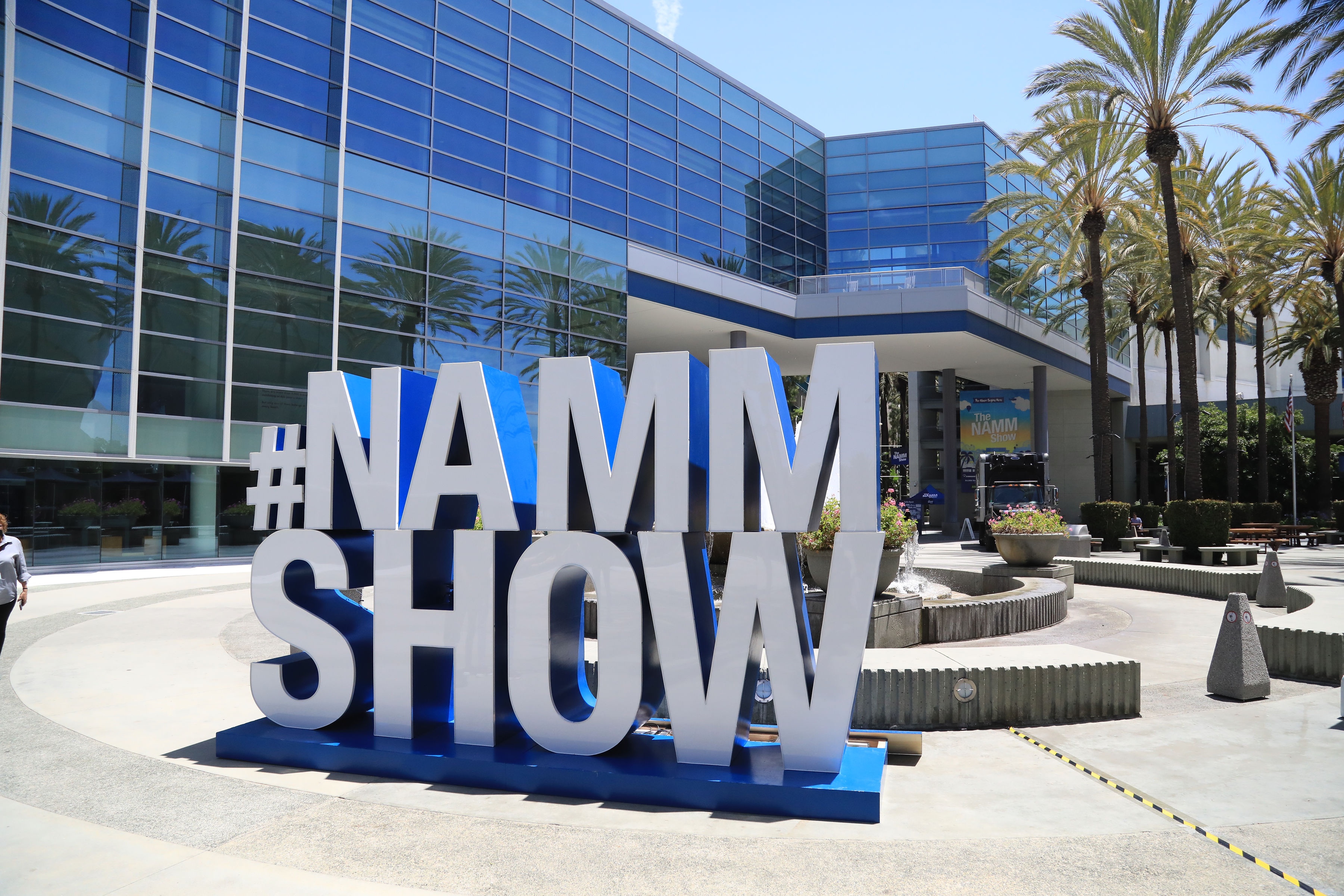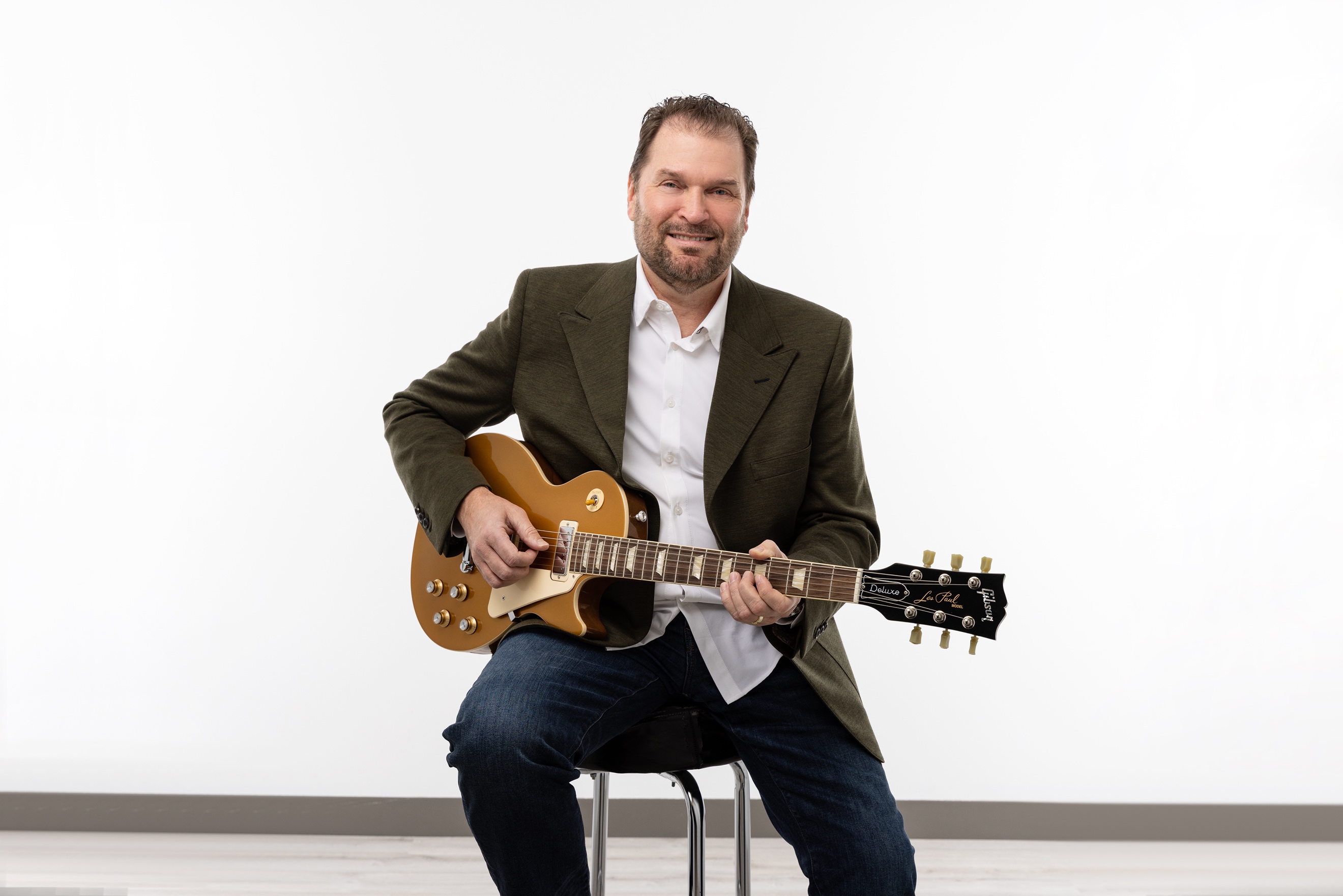
A&G Central Music's Robert Christie
When A&G Central Music was forced to shut down due to the pandemic last March, like most retailers across the country, owner Robert Christie had no idea what the next few months would hold.
“We were closed for about six to eight weeks, and the State of Michigan sent all kids home from school. Those were really the scrambling days because no one knew what was happening or how long it would last,” he said, adding that the store’s employees and students were at the front of his mind. “We made the decision that myself, our general manager and our bookkeeper would come in on alternating days so no one would be here at the same time. This allowed us to keep a warm body in the shop to answer phone calls and make sure money was continuing to come in so everyone could continue to get paid. Then we started thinking, ‘How do we support the kids who are at home?’ And we started asking questions like, ‘What do you need? How can we support you?’”
Christie and his team got to work creating online content right away — everything from little videos that could be shown to students learning virtually to history lessons on different composers.
“We tried to be plug-in-play for our teachers,” Christie said. “They were flying the airplane while they were building it, so to speak, and we wanted to be there to support them.”
To support those who were still playing, A&G Central’s road staff drove around town and picked up and dropped off instruments outside students’ homes, speeding up the process while maintaining a safe distance.
“People are used to Amazon’s speediness. We had the staff and we had the vehicles, so we thought why not go to people’s homes,” Christie said. “We told them to leave their instrument on the curb, and we would go and pick it up, fix it and then knock on the door and leave it on their stoop. We modified our model to go to houses instead of schools.”
Now, nearly 15 months later, Christie and his team are staring down another fall rental season amid the pandemic. But this time with the vaccinations rolling out and schools welcoming students back in person, the B&O retailer based in Madison Heights, Michigan, is hopeful.
“I do believe there will be in-classroom band in our area next fall; I think that will happen in September,” he said, adding that hybrid model schools are already holding small groups in band rooms with proper spacing.
Christie said that last year 60–65% of schools in his rental area — which covers Detroit and the metro area — started beginners, but for those schools that didn’t, Christie and his team are working hard to communicate to school administrators the importance of starting two grades next year.
“We are saying if you skipped in 2021, you have to start two grades next year, and so far all are, so we are prepping for a busy return.”
This messaging runs front-and-center at Amro Music in Memphis, Tennessee, where Band Department Manager Nick Averwater said it’s vitally important as an industry to focus on the students that didn’t get the opportunity to start an instrument in 2020 and ensure they aren’t left behind.
“I believe it’s imperative that we, as an industry, focus on this class of students and ensure these students have equitable access to music education that may not have been given the opportunity this past year,” said Averwater, whose dealership services schools in parts of Tennessee, Arkansas, Kentucky, Missouri, Alabama and Mississippi. “Not only could these students potentially miss the numerous benefits of participating in school music programs, but a donut hole of enrollment could impact the allocation of resources at middle schools and high schools in future years, eventually flowing up to colleges and universities, while also negatively impacting retailers and manufacturers.”
Laura Penrose, who took over operations of Southern California-based school music dealership Nick Rail Music only six months before the pandemic began, said she also believes music programs will begin to bounce back this fall.
“I think school music programs are going to pick up in the fall,” she said. “I believe this upcoming fall will be OK as far as business goes, maybe 60 to 75 percent higher than last year.”
While 2020 provided school music dealers with some curveballs, Penrose saw several silver linings at Nick Rail Music, including a rise in sales of larger instruments, which are typically shared — such as tubas and sousaphones. Penrose said schools now have to purchase additional units to accommodate all players to eliminate sharing.
Additionally, she said cleanings of school-owned instruments provided a strong revenue stream last summer, something she anticipates will be just as strong this year.
“We saw a lot of schools bringing their instruments to us last summer, and we think we are going to see that again,” Penrose said. “A lot of schools have both federal and state funding that they have to use before the end of the fiscal year.”
Rethinking Rental Night
Penrose, who also opened a string dealership, Penrose Strings in Camarillo, California, in August 2020, said she saw an increase in new business in January when some schools in the SoCal area returned to in-person classes, but, as of mid-April, a lot are still distanced or hybrid and many, she said, have not brought back their band programs.
Optimistic that programs will start back in the fall, Penrose is considering reviving Nick Rail Music’s drive-thru rental night from 2020.
“Parents rent instruments online and then we select a night [when] they can drive up and pick up the instrument,” she explained.
A&G Central Music’s Christie said it’s been difficult not being able to hold typical instrument “petting zoos,” but his team has been producing a plethora of video content for teachers to use, including reaching out to some of the schools’ star students to record video testimonials on why their younger classmates should consider playing an instrument.
Christie said modified instrument fittings are starting to take place, and tools like RS Berkeley’s Tri-All instrument testing tool has been key.
“The Tri-All is basically a dongle that has all of the mouthpieces in one plastic device — flute, clarinet, saxophone, trumpet and trombone,” Christie said. “It’s been helpful, because if you have 100 of them and you hand one out to each kid on a rental night, we can then take them all back and use the same immersion ultra bio-cleaning procedure that we use on the instruments and safely hand them out during the next fitting.”
Yamaha recently partnered with Amro Music, the Music Achievement Council, music notation software maker Noteflight and educators to produce a 16-week program called the Post-pandemic Planning Guide. With a focus on recruiting and retention for fall 2021, the program provides such tips as ways to involve parents in recruiting, ways to re-recruit current students and alternatives to music appreciation class.
“The aim is to provide teachers with easy-to-follow checklists, templates and success stories to enlist administration, engage this lost year of students and recruit new students,” said Brian Petterson, Yamaha’s senior marketing manager of winds and strings.
A Return to (Slightly) Normal
When music programs do return to full, in-person capacity, Amro’s Nick Averwater said students and dealers shouldn’t expect the band rooms to look or operate just like they did in 2019.
“We should absolutely anticipate some changes to school music programs in life after COVID,” he said. “First, we have a tremendous amount of data on aerosol spread from musical instruments and how to improve the air quality in classrooms. We often have schools shut down for the flu each year, and I believe this new data will help us create a cleaner and safer environment in our schools and music classrooms well after the pandemic.”
Craig Denny, vice president of band and orchestra for St. Louis Music, said he doesn’t think the use of technology adapted during the pandemic will be completely obsolete once classes return, even anticipating technology will play a role in the band setting.
“It will likely be the fall of 2022 before we see a normal that rivals what normal was. The good thing is, I think in many cases it will surpass 2019 in both volume and engagement,” Denny said. “The biggest change we will see is the level of creativity in our educators. Music teachers had to completely redesign their communication model to educate in 2020 and will be better for it. They’re absolute rock stars and now have added technology to their tool belt.”
Robert Christie at A&G Central said he hopes if the pandemic taught us anything, it’s not to take music for granted. “I think people missed music. Parents missed it. Schools missed it,” he said. “When something’s taken away, you have a new appreciation for it. Hopefully we’ll have even more kids involved in music.” MI













